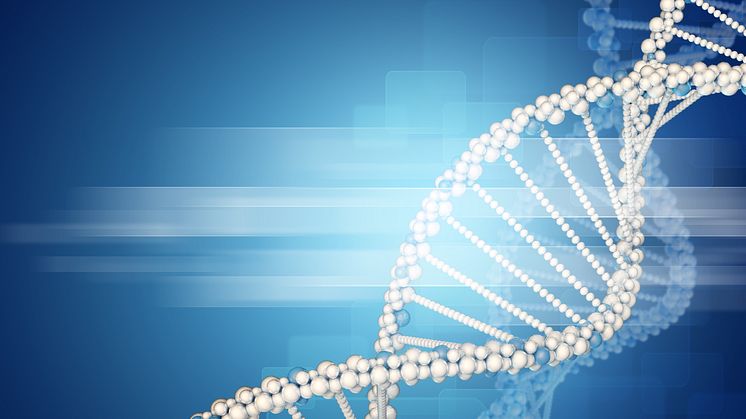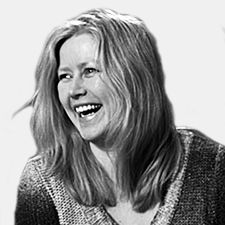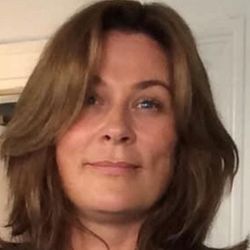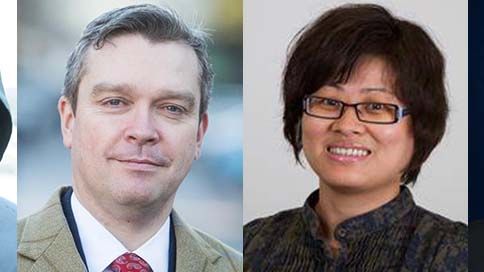
Pressemelding -
DNA and identity: History written in the genes?
Where: Kulturhuset, Youngsgate 6
When: Monday 22/05, 1800
The meeting will start with short presentations and commentaries by invited scientists and scholars.
During the last three decades, advances in science and technology have allowed us to unpack the human genome and produce huge amounts of genetic data publically owned and available to the scientific community, governments, as well as commercial ancestry companies.
Although our DNA is extremely similar, researchers use statistical methods to investigate patterns of variation between human groups and further link individual DNA samples to specific populations of origin. The interpretation of these patterns is a rather complicated process and requires input from other fields such as archaeology, history, and anthropology. At the same time, assigning individuals to ancestral lineages is far from straightforward, involves much speculation and often implicates social and cultural preconceptions.
How, then, does contemporary scientific DNA research relate to our understandings of individual and group identities? What is the relationship between population labels used in genetics and ethnic labels assigned through social and cultural processes? Why are individuals so eager to search their ancestry through DNA-typing? Does this reflect the hype with genetics or a deeper dichotomy between biological and cultural understandings of identity?
This event is organized in connection with the development of our exhibition on the practices of historical and contemporary research on human biological variation. All contributions and feedback will be cherished!
________________________________
In her talk, Stine H. Bang Svendsen will address how DNA profiles potentially expose the wayward nature of human sexuality and reproduction. Mapping families trees has traditionally been a matter of mapping marriages, which in turn are have been subject to ethnosexual norms in many social and historical contexts. Svendsen asks what happens to the concepts of race and ethnicity if we account for the reproduction that happens, rather than the one that is mandated by social norms.
Svendsen is Associate Professor of Pedagogy at the Norwegian University Science and Technology, Department of Teacher Education. Her research focuses on race, ethnicity and sexuality in education.
-----
What does a genetic profile say about a person?
Stian Suppersberger Hamre is a biological anthropologist. He has worked with immigration, mobility and population composition in medieval Norway, by examining skeletal material and doing stable isotope and genetic analyses of the same skeletons.
His commentary will focus on the composition of the pre-modern population in Norway and the usefulness of genetics to describe the population.
-------
Yan Zhao has studied construction of Norwegianness through the lens of transnational adoption that touches upon the important questions of race, biology, kinship and origin.
In her commentary, she will address how the boundaries demarcating Norwegian nationhood and conventional notions of the nation are being challenged, destabilized and transcended.
Yan Zhao holds a Phd in sociology. Her research interests include migration studies, feminist theories, transnationality as well as stretched relations emerging in the transnational space.
------
Jan Bill is professor in archaeology and curator of the Viking Ship Collection at the Museum of Cultural History, University of Oslo. His main fields are Viking Age studies, burial archaeology and maritime archaeology. He is involved in several projects employing aDNA analyses of human and animal remains, including: "Tracking Viking-assisted dispersal of biodiversity" and "The genetic history of Eastern Eurasia", both at Centre for Ecological and Evolutionary Synthesis at the University of Oslo, and "Population Genomics of Vikings" at the Centre for GeoGenetics at the University of Copenhagen.
Emner
Om Norsk Teknisk Museum
Norsk Teknisk Museum er nasjonalmuseum for teknologi, industri, naturvitenskap og medisin og et eldorado for utforskende mennesker i alle aldre. Teknisk museums utstillinger: Museet har over 25 permanente og temporære utstillinger om energi, olje, industri, medisin, fly, biler og tog. Visjonen er å bli Norges mest synlige, dristige og dialogorienterte museum.
Oslo vitensenter setter undring og opplevelse i fokus. Gjennom lekende læring kan du utforske naturvitenskapelige og teknologiske prinsipper innenfor temaene energi, fysiske fenomener, kroppen, matematikk og verdensrommet. Her finner man både Robotsenteret og Planetariet.
Nasjonalt medisinsk museum inneholder medisinhistoriske utstillinger og samlinger av gjenstander, bøker og arkivalia. Museet er integrert i Norsk Teknisk Museum.



